 Raise your hand if you don’t like science, or think you’re not very good at it, or think it’s really hard or that you have to be incredibly smart to do it. Or anything else that might be called a less-than-positive opinion of science. OK, put your hands down.
Raise your hand if you don’t like science, or think you’re not very good at it, or think it’s really hard or that you have to be incredibly smart to do it. Or anything else that might be called a less-than-positive opinion of science. OK, put your hands down.
Science gets a bad rap. This is mainly due to the way it is taught in school; many of you probably think back to your science classes and remember memorizing a whole bunch of formulae and vocabulary. But that’s not science. It’s not fun either. If you look up “science” in the dictionary, it says something like “knowledge of the physical or material world gained through observation and experimentation.” The italics are mine. We gain knowledge by asking questions and then looking at and messing around with the things around us. Sound like anyone you know? Someone under the age of 5, perhaps?
Young children are natural scientists, but because of science’s bad public image, many parents do not realize that their children are, in fact, doing science. Here are a few activities you may have noticed your child engaging in:
- Sorting stuff into piles
- Putting things in and then out of a container
- Squishing any new substance with their fingers
- Banging things together
Again, sound familiar? Here are the questions your child is asking and experimenting with when they are engaging in those above behaviors:
- Are any of these things the same?
- Will all this stuff fit in here? What if I take it back out?
- What does this stuff feel like?
- What happens if I bang these together? Does it make a noise? Does it always make the same noise?
Is that science? Absolutely! Are these questions you could explore with your child? Again, absolutely. I have a friend who likes to say that scientists don’t have all the answers, they ask all the questions. I was once out walking with my niece and we came across a huge Ant Battle taking place on the sidewalk. We stopped to watch and asked ourselves “what are they doing? where are they going? what are they fighting over? who started it?” We wondered aloud for a while, but the sidewalks in Arizona grow warm quickly, and we were soon on our way, still talking about the ants.
Unfortunately, as children go through school this natural process is often shoved aside to make sure the correct facts are stuffed into their heads instead. Which is not to say that facts don’t matter. They do, but they are far more meaningful if you come to the conclusions of those facts yourself. I can define surface tension to you, but if you really want to understand it, go play around with some water. It will be a lot more fun than listening to me go on about it.
“Notice, Wonder, Question, Play” is our science motto here at BCM. Those words are the key to doing fun and meaningful science with kids, and practicing these skills will give your child positive experiences, develop good science behaviors, and teach them that science is an active process, something you do, and not something you memorize.

